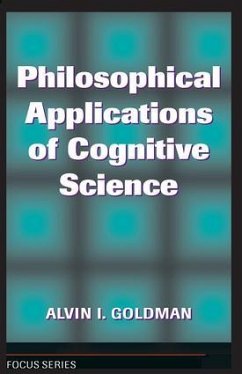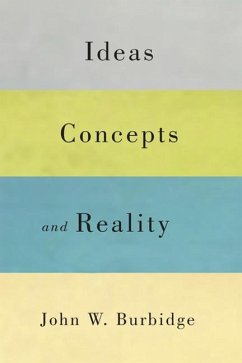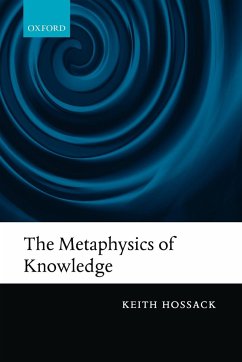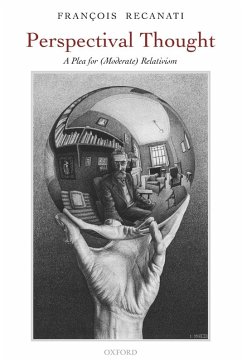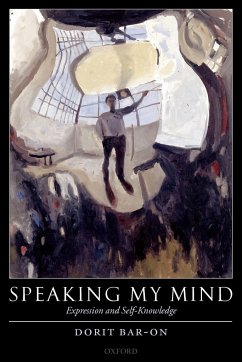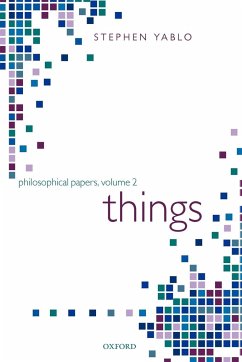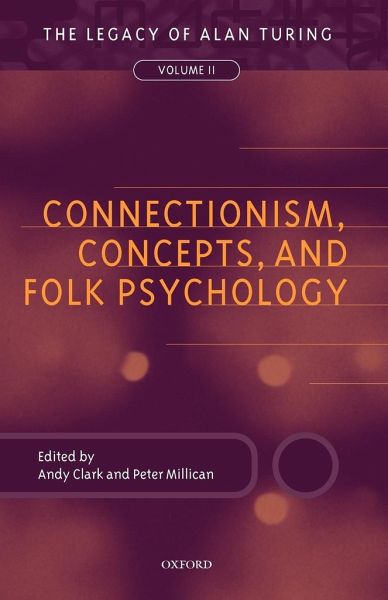
Connectionism, Concepts, and Folk Psychology
The Legacy of Alan Turing, Volume II
Herausgeber: Clark, Andy; Millican, Peter
Versandkostenfrei!
Versandfertig in 1-2 Wochen
65,99 €
inkl. MwSt.

PAYBACK Punkte
33 °P sammeln!
This is the second of two volumes of essays in commemoration of Alan Turing; it celebrates his intellectual legacy within the philosophy of mind and cognitive science. A distinguished international cast of contributors focus on the relationship beteen a scientific, computational image of the mind and a common-sense picture of the mind as an inner arena populated by concepts, beliefs, intentions, and qualia. Topics covered include the causal potency of folk-psychological states, the connectionist reconception of learning and concept formation, the understanding of the notion of computation itself, and the relation between philosophical and psychological theories of concepts. Also available in paperback is the companion volume, Machines and Thought, edited by Peter Millican and Andy Clark, which focuses on Turing's main innovations in artificial intelligence.
This is the second of two volumes of essays in commemoration of Alan Turing. Key issues in contemporary philosophy of mind and cognitive science are explored in the course of celebrating Turing's work. The distinguished cast of contributors includes Paul M. Churchland, L. Jonathan Cohen, Mario Compiani, Peter Dayan, Beatrice de Gelder, Douglas R. Hofstadter, Frank Jackson, Michael Morris, Jon Oberlander, Christopher Peacocke, Philip Pettot, Ian Pratt, Joop Schopman and Aziz Shawky, Murray Shanahan, and Chris Thornton.



